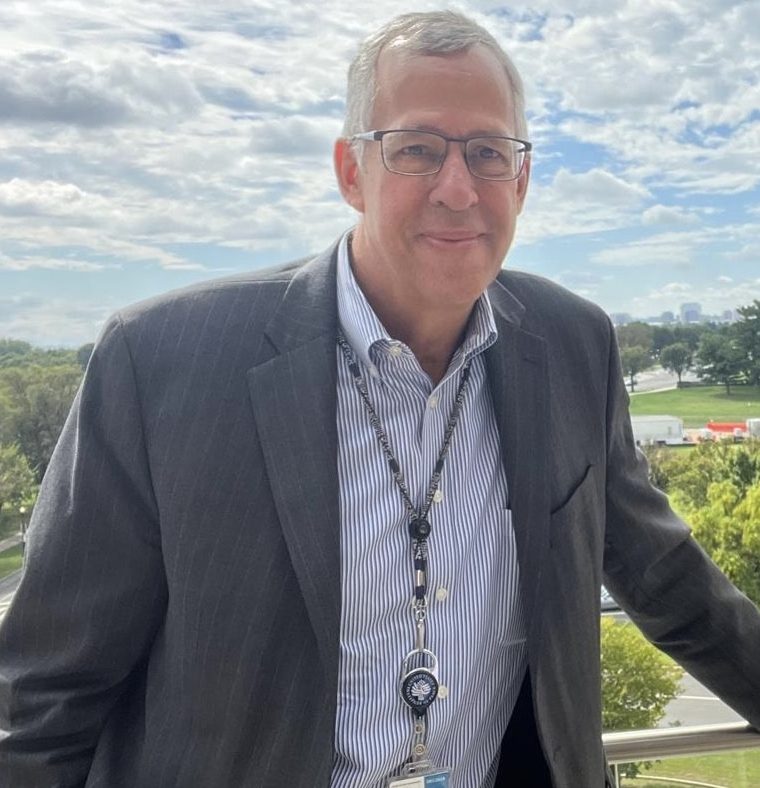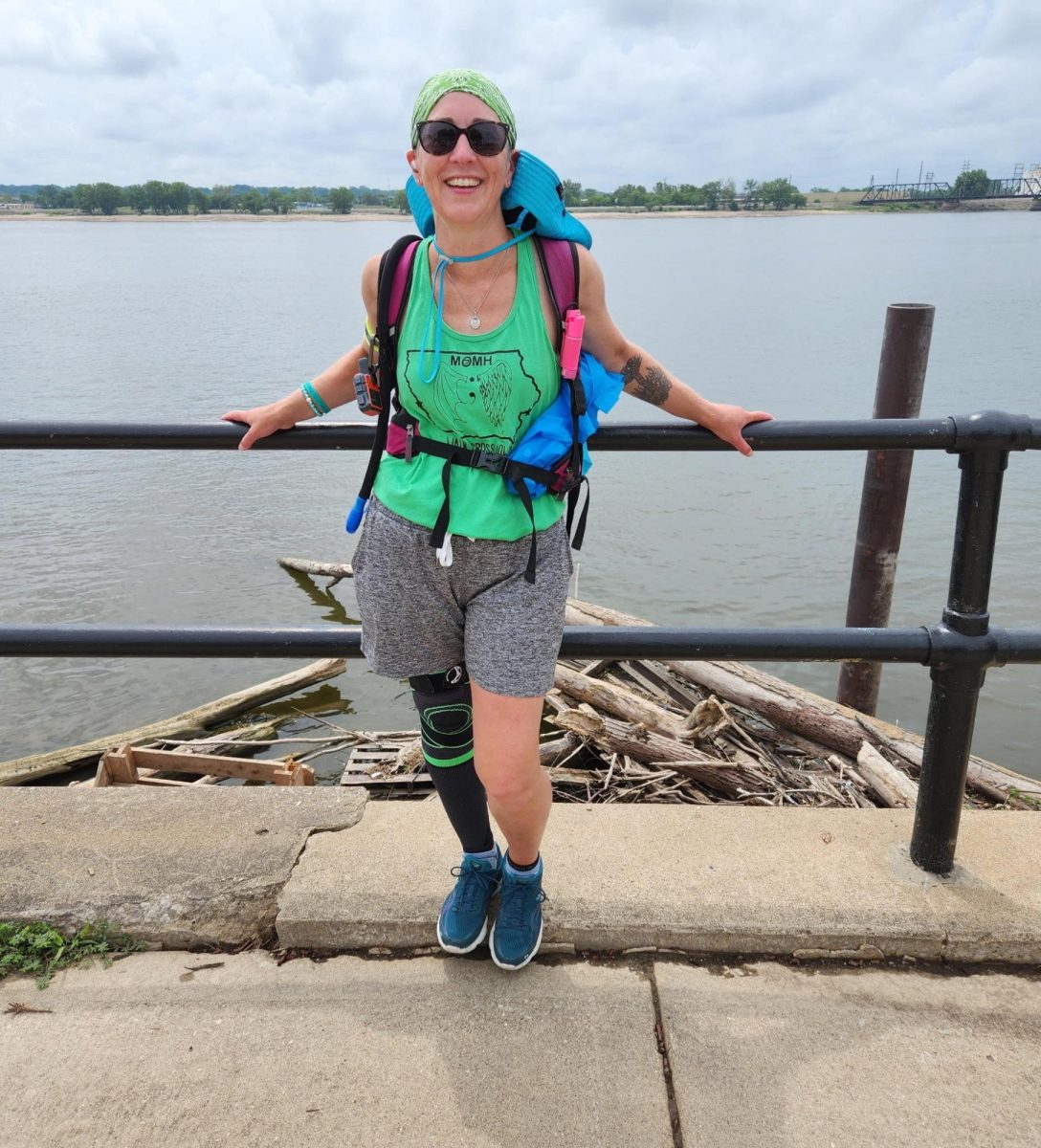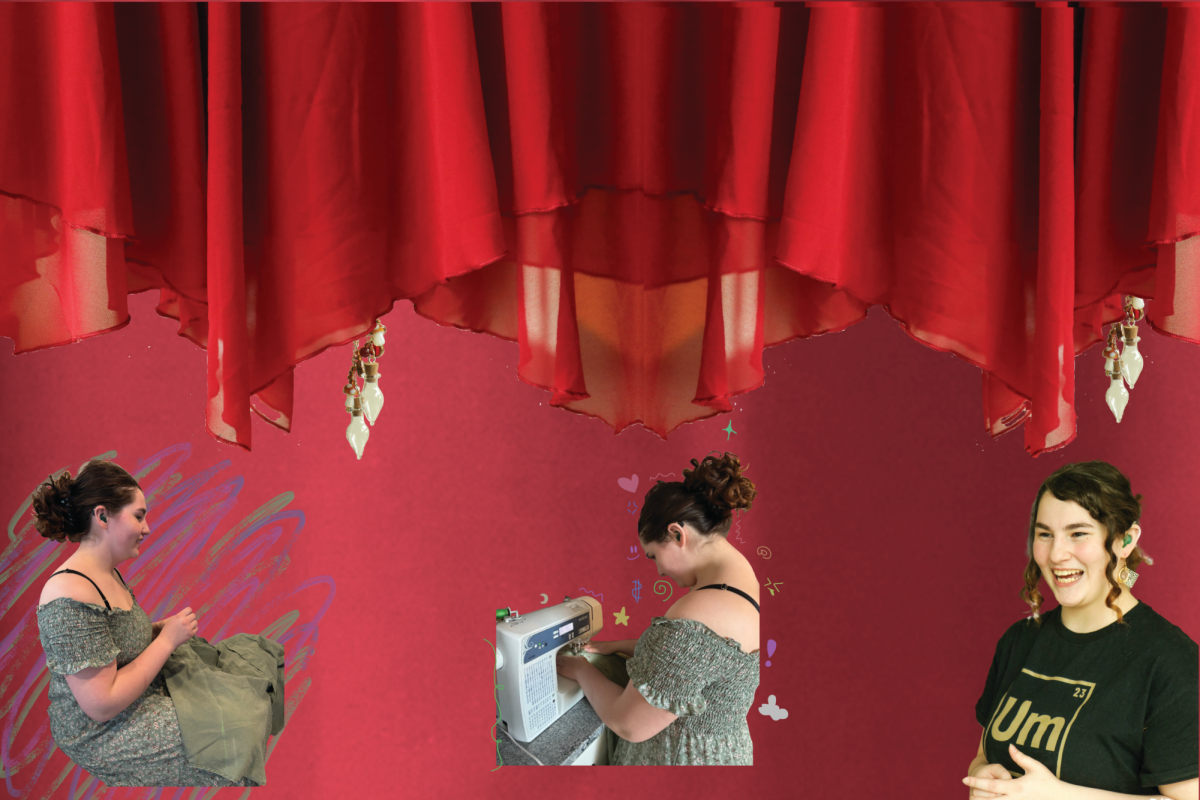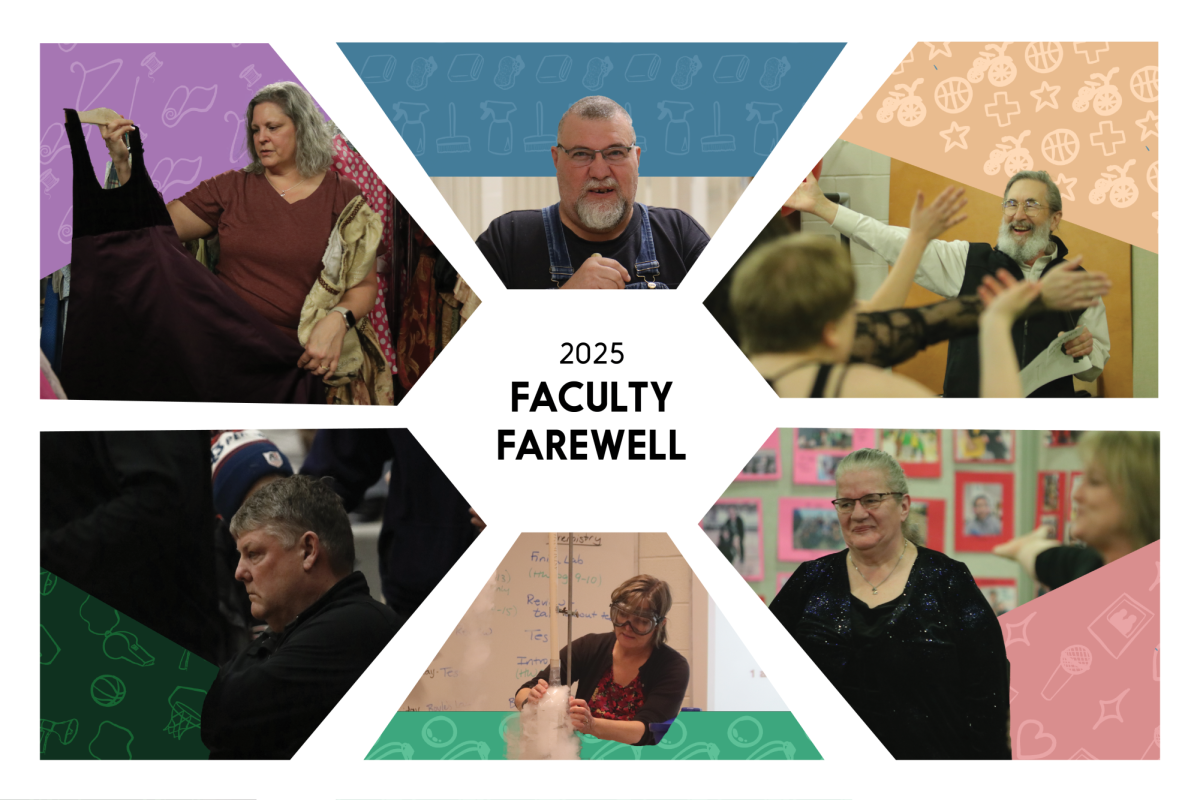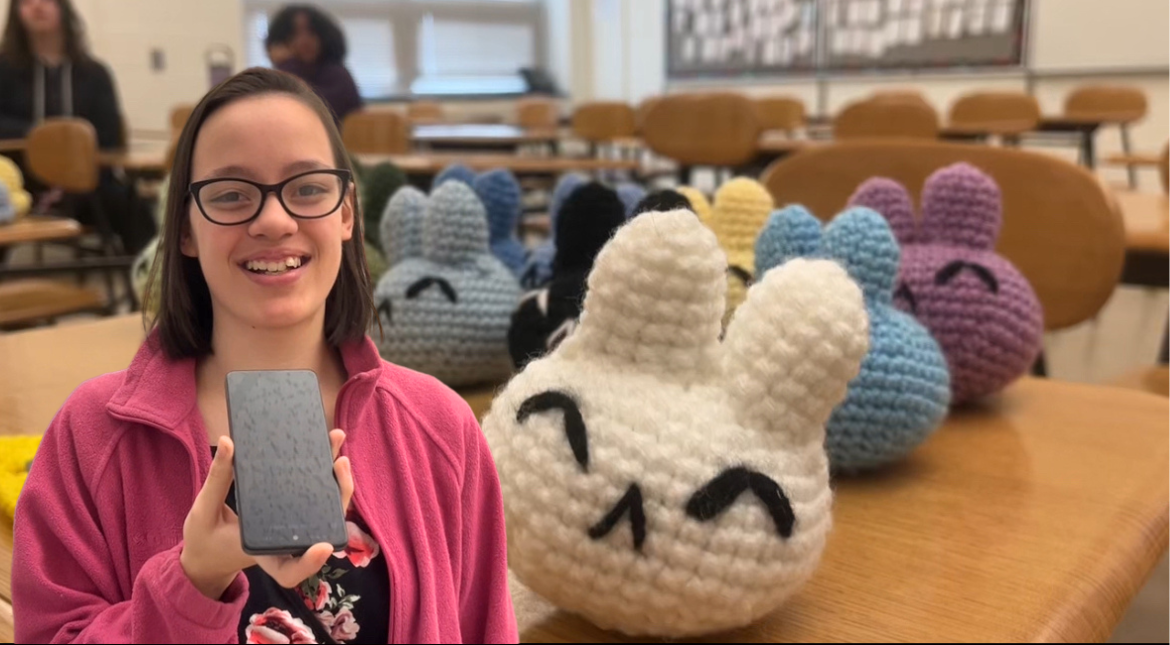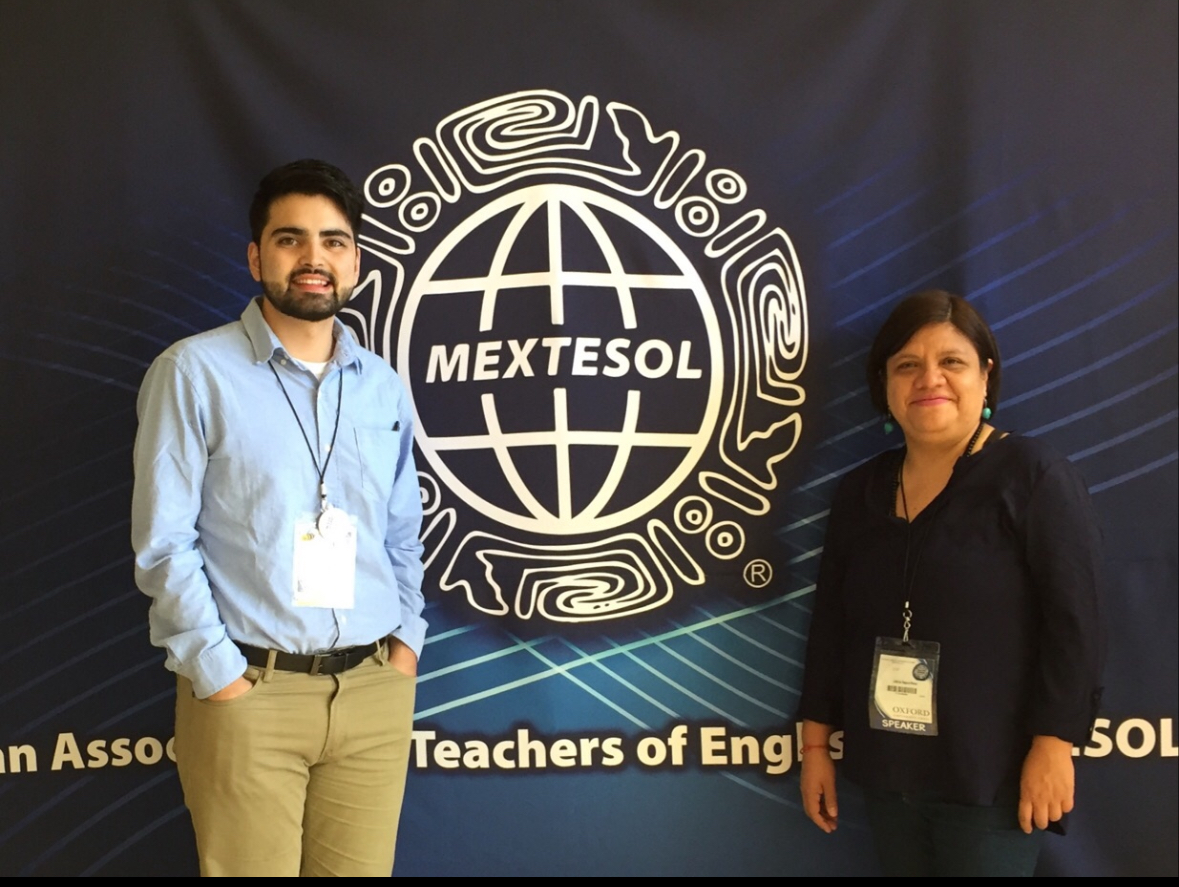Church bells chime with both war and peace for a diplomat. Keith W. Mines, veteran, former Director of Andean Affairs at the Department of State and Vice President of the Latin America program at the U.S. Institute of Peace, hears no less. His nostrils still flare with the smoke of Venezuelan streets, and his ears ring with the hum of aircraft circling the tense skies of Jerusalem. After 32 years, he still finds it all divine.
This conversation has been edited and condensed for clarity.
Were you first posted in Latin America?
Despite speaking Spanish, I [initially] spent two years in Israel.
Currently, in Israel, escalations have led to intense airstrikes, displacement and a Palestinian death toll approaching 50,000 following the Hamas attack on Oct. 7. While posted there, did you ever foresee this historic—and histrionic—change?
We were there from 1992-1994. As a relatively junior diplomat, I sensed the tension. We knew the Israelis’ doings would haunt them. They still held the Gaza strip at the time, and one could see that it wasn’t sustainable to bunch together the several million Palestinians, enraged at how they were living.
We returned to Israel in 2013; the settlements in the West Bank had grown. Many of us knew that this was not something that could carry on. However, based on what the Israelis did in the West Bank, we never envisioned something as ugly as what happened on Oct. 7 would occur.
Now, it’s very different. Gaza, the West Bank and the Israeli Arabs are three different groups of people in different situations. The Israeli Arabs show that Palestinians and Jews can get along because they do. The West Bank shows that the government cannot restrict the Palestinians and expect that they will abide. Gaza shows an extreme scenario that happens when there’s a constant, perpetual fight between the sides.
After Hamas killed six Israeli hostages, Israeli citizens outraged at Prime Minister Benjamin Netanyahu, demanding a ceasefire. Do you agree with their anger?
Netanyahu has no plan for the Palestinian territories. That is where the frustration is. The Israelis don’t see an end to this mass killing. They just want the hostages back. Most of the turmoil is Netanyahu’s inability to make and carry out a plan. He’s indecisive and not clear-headed. What I will say, in his defense, he is right in his stance that the Palestinians need a new government that is not Hamas
Given your history on the Israel-Palestine conflict, do you believe in a scenario where another Middle Eastern nation could govern the Palestinian territory?
That is the best plan. Not Iran, but the Saudis, the Jordanians, the Egyptians. Some of the Gulf states could have a peacekeeping force that governs the Gaza strip. Then, a stabilization force could open the door for the Palestinian [National] Authority. We’re back in 2004, had the United States not been so reckless about the election that empowered Hamas. It would be difficult for that consortium of Arab [nations] to do it, but that makes most sense.
You are focused on global conflicts like Israel and Palestine, but you’ve also been deeply involved in peace efforts closer to home. As Vice President of the Latin America program at USIP, what’s your day-to-day life like?
[Aside from] my immediate team of 11 or 12 people, I have virtual meetings in several Latin countries, discussing how to advance peace there with the devoted programs and resources. I do meetings with the President and the [Chief Operating Officer] at the institute.
Did you always envision this as your future?
I was in the army when USIP emerged, but I was infinitely intrigued by our national defense and bringing peace to conflict. Initially, I was fixated on the criminal justice system (prison reform) until I served a church mission in Colombia. There, I had an epiphany. I wanted to live, speak and enrich myself in other countries. I returned to D.C. and did a master’s degree at Georgetown in Foreign Service. I started with the State Department and the Foreign Service, but I always eyed the Institute of Peace.
As a diplomat, you are tasked with humanitarian crises, like Venezuela in its election. There are seven million refugees; 60% of the country is in famine. How does it compare to other crises you’ve seen?
Venezuela is a strange case. I’ve seen nations facing famine, but usually, there’s a clear cause, like war or natural disasters. In Venezuela, it’s just an incompetent government and economy forcing its people into desperation. It’s difficult, but again, similar to Israel and Palestine—a place where there is a form of a joint government in need of a new governing arrangement. The people aren’t going to be eating unless the government feeds them first.
Do you think Venezuela could erupt in a civil war as it did in the 19th century? Would it be beneficial?
Only war can solve some issues. The Venezuelans are peaceful people in their hearts, so I would say it’s not beneficial. We would still like to witness the nation reach a place where, with allies, they can reset the country, and the 7.7 million refugees can return. Everything has to be tried before it comes to civil war.
There is a duality in your career. You focus on nation-toppling conflicts while simultaneously on food insecurity and poverty. Are there mistakes you would warn anyone entering your career field?
I have made countless mistakes, but the main mistake was not speaking louder. A lot of times I knew what we should have been doing, which we often weren’t, like in Venezuela. It was not logical to empower the alternate government of Juan Guaidó. A lot of us pushed back against that, and that’s all we could have done. I was not silent about that. I feel good about having spoken up, but it’s always a wonder: Should I have been more aggressive about it? Should I have gone to the press?
There were times I could have been stronger in my insights. When in Afghanistan, establishing the Afghani government with the Loya Jirga, it was clear they needed a real peacekeeping mission. However, I didn’t speak up.
When totaling it all up, all of your regrets and accomplishments, all of your chaos and pleasures, would you ever go back and do it again?
It comes with a price. My wife paid it to support what I did. Recently, my daughter gave birth, and her husband was there with her; we never had that pleasure. It was a hearty cost for my wife.
However, I do believe we did what was right in other countries, even when incompetently. Some of it worked—some of it did not. But, in general, the United States’ policy has moved countries toward stability and peace. My frustration is when we are weak about what we do or don’t continue our initiatives—as we did not do in Afghanistan. If I had seen it with more foresight, I would have said I had remorse, not regret. But I don’t regret anything we did.


